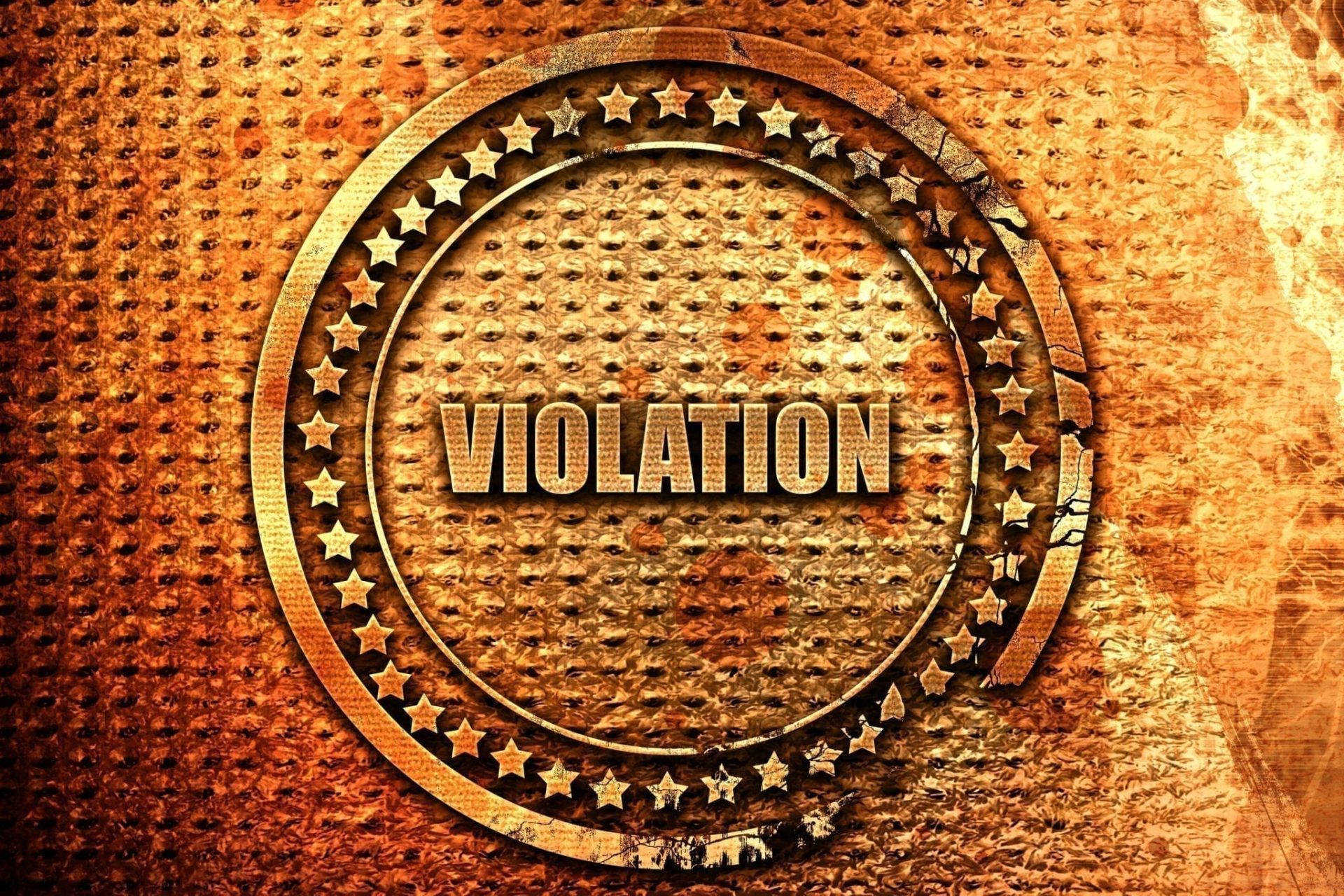Understanding the Differences between Probation and Parole in Illinois
Probation. Parole. Both of them can come with convictions in Illinois. Both of them also come with conditions that can be violated, leading to more trouble for you.
They are not, however, the same, and it is important that you understand the difference. Below, we’re going to break down both of these processes so that you can best prepare and protect yourself to avoid further consequences.
How Are Illinois Probation and Parole Similar?
To sum it up, probation and parole are both opportunities for people to stay out of prison after a conviction.
These sentences, however, do not mean that you get off scot-free. As we touched on above, probation and parole both have rules and requirements that people must abide by in order to finish their sentence. Violating probation or parole terms may result in additional criminal charges and jail time.
How Are Probation and Parole Different in Illinois?
Don’t let the names confuse you. Probation and parole may be similar processes, but they can have very different terms and requirements that you will have to adhere to if they are part of your sentence.
Here are the main differences between probation and parole in Illinois:
When You Can Get Probation or Parole
Probation is often referred to as an “alternative to jail.” If you are convicted of a crime, a judge may sentence you to a period of probation instead of prison.
In fact, if you are convicted of a low-level or non-violent crime, you may be more likely to be put on probation. Two-thirds of all people who are convicted of a crime are put on probation rather than incarcerated.
Parole, in contrast, is often referred to as an “early release from jail.” It’s an option for people who have already served time behind bars. If someone has exhibited good behavior and is eligible for parole, they may have the opportunity to be released early.
Who Determines Probation or Parole
A judge may give you probation at your sentencing trial. Probation terms will be determined, and your probation officer is assigned by the circuit court where your trial is held. If you live in Cook County, for example, you will receive a probation officer who works for the Cook County Adult Probation Department.
Parole is granted by a state parole board. In Illinois, parole is handled by the Illinois Department of Corrections. You will be assigned a parole officer who works directly with the parole board.
People may work with different probation or parole programs depending on the crime that was committed. Parole may require strict drug testing, for example. Probation officers may work directly with sex offender programs to work with people convicted of sex crimes.
Conditions of Illinois Probation or Parole

Conditions of probation will vary based on the crimes involved, but typically involve:
- Regular meetings with a probation officer
- Paying fines, court costs, or restitution
- Completing rehabilitation or education programs
Probation sentences vary depending on the severity of the charges, but typically will not last more than 10 years.
The terms for parole are determined by Illinois state law. In many cases, parolees will have to live at a halfway house where they are more closely watched and monitored. The halfway house may give parolees the opportunity to go out and look for jobs, but the parolee is still serving his or her sentence – just not in an actual prison.
Parole is part of the overall prison sentence. If the person was sentenced to 30 years behind bars, and was granted parole after 24, they will be on parole for six years.
Review and Consequences of Probation Violations or Parole Violations in Illinois
Probation violations and parole violations consist of failing to meet the terms of your probation/parole, including committing a new crime.
If you are accused of violating your probation, you may face additional charges and have to go back to court. Like charges for drug crimes or theft crimes, you will have to present your case.
If you are found guilty of violating your probation, your probation period may be extended or you may have to spend some time behind bars. You have the right to a criminal defense lawyer for counsel.
In the case of probation violations, however, the prosecution does not need to prove that you are guilty “beyond a reasonable doubt.” They just have to prove that “more likely than not” you committed the probation violation.

Parole violations are reviewed by the parole board. There is no jury involved – the decision is made solely by the parole board. If you are found guilty of violating your parole, your parole may be reinstated or you might have to go back to prison and finish your sentence.
Whether you are placed on probation or parole, it is important to understand the terms you must adhere to and the consequences you may face for violations.
About the Author:
Andrew M. Weisberg is a former felony prosecutor who now serves as a defense attorney in the greater Chicago area. He has extensive experience in handling all types of criminal cases, from sex offenses and domestic violence to retail theft-related crimes, murder, and drug crimes.







 Blog Home
Blog Home 










